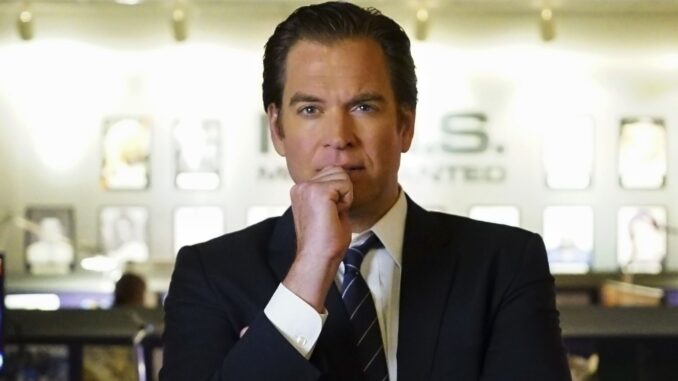
The silence in the locker room was not the usual pre-game tension, thick with anticipation and adrenaline. This was a deeper, more pervasive quiet, heavy with absence. It clung to the worn benches, seeped into the cracked linoleum, and muffled the distant roar of the crowd. Every cleat that scuffed, every jersey that rustled, seemed to amplify the hollowness that had settled over the team. Tony was gone.
His absence had been a sudden, brutal amputation. One moment, he was the axis around which their entire strategy revolved – their star striker, their impassioned captain, the fiery heart that ignited every play. The next, a freak accident, a hushed hospital room, and the final, crushing pronouncement. The team had been told, with somber finality, that Tony wouldn’t be coming back. Not to the field, not to them. Hope, that most resilient of human emotions, had packed its bags and left, taking with it the vibrant hues of their ambition and leaving behind only a monochrome landscape of duty.
Practices became a series of listless motions. Passes drifted aimlessly, communication was stilted, and the effortless synchronicity that once defined them was replaced by a disjointed shuffle. Their coach, a man usually brimming with volcanic energy, moved with a defeated slump, his voice a low monotone devoid of its usual inspiring thunder. The fans, too, felt the void. The roar that once erupted with Tony's name now had a mournful echo, a collective sigh for what was lost. They were a ghost of a team, playing out the season like a grim obligation, each game a testament to the unfillable chasm Tony had left behind.
It was during the final, desperate minutes of their most critical game – a match they were losing badly, one that would cement their slide into irrelevance – that the impossible happened. The air in the stadium was thick with resignation, the crowd already dispersing, muttering disappointed farewells. The scoreboard loomed like a tombstone. One of their deflated players, chasing a long, hopeless pass that was surely going out of bounds, stumbled near the sideline. He looked up, and his eyes, glazed with exhaustion and defeat, suddenly widened. A gasp, ragged and disbelieving, tore from his throat.
A figure stood just beyond the boundary line, etched against the backdrop of the blurring floodlights. He was leaner, perhaps, a touch paler, but unmistakable. The broad shoulders, the slight tilt of the head, the way his hands rested on his hips with that familiar, almost arrogant ease. The number 9. Tony.
For a beat, the entire stadium froze. The roar of the dispersing crowd died to an eerie hush. Players on the field, even the opposing team, stopped in their tracks, like statues caught mid-stride. Disbelief warred with a desperate, burgeoning hope. Was it a trick of the light? A collective hallucination born of grief? Then, Tony took a step, a confident stride onto the emerald green, and a collective, visceral jolt coursed through every person present. It was real.
The silence shattered. A single, guttural scream erupted from the stands, followed by a wave of gasps, then a rising tide of shouts, culminating in an explosion of sound that vibrated through the very foundations of the stadium. It wasn't just a cheer; it was a release, a primal cry of joy, disbelief, and resurrection. Tears streamed down the faces of hardened players, coaches stood slack-jawed, and even the stoic referee looked like he’d seen a ghost – a very solid, very alive ghost.
Tony, with a ghost of his old smile, jogged onto the field. He grabbed a ball from the sideline, spun it once in his hands, and with a familiar, fluid motion, sent it whistling towards their most demoralized midfielder, who caught it purely on instinct. The touch was precise, the power familiar. It was like a missing limb had suddenly, miraculously, regenerated.
The transformation was immediate, palpable. The dead weight of despair lifted, replaced by an electric surge of energy. Every player on the field, infused with this impossible miracle, moved with renewed vigor. The pass that had been drifting now found its mark. The shot that would have sailed wide now found the corner of the net. Tony, not yet fully match-fit, didn't play for long, but his mere presence was a catalyst. He didn't need to score; he was the score. He was the belief.
They didn't win that game. But they didn't just walk off the field either. They ran. They leaped. They embraced. The scoreboard no longer mattered. Tony was back. And with him, the heart of the team, which everyone thought was gone forever, beat strong again, louder and more resilient than anyone had dared to dream. The shock of his return wasn't just a moment of surprise; it was a jolt of life, a defiant roar against the finality of loss, a testament to the enduring power of hope, and the unbreakable spirit of a team reunited.
